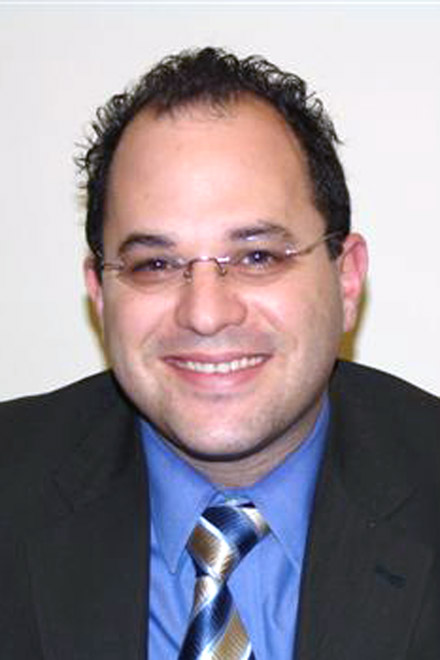Trend's Exclusive Interview with the Head of Public Relations Department at US Embassy in Baku, Jonathan Henick
Question: How do you estimate the current level of Azerbaijani-U.S. relationships? What is your appraisal for 2006 in terms of bilateral cooperation?
Answer: Relations are strong and continue to develop. We will soon launch an Economic Partnership Commission that will elevate our economic and energy co-operation to a new level. We already have close co-operation on security and military issues. Assistant Secretary of State Barry Lowenkron visited in December for what we expect will be the first high-level exchange on democracy and human rights. And we continue to work hard as a Minsk Group Co-Chair to help facilitate a resolution to Nagorno Karabakh.
Question: What is Azerbaijan's role for the United States in the South Caucasus and resolution of Iranian nuclear problem?
Answer: The entire international community is alarmed and concerned about Iran's nuclear program and its continued defiance of the IAEA and UN Security Council. We would hope that Azerbaijan, as a neighbor of Iran, would help to convince Iran to abandon its nuclear weapons program, to comply with international resolutions, and to engage constructively with the rest of the international community.
Question: How do you estimate the speed of Azerbaijan's integration in Euro-Atlantic region?
Answer: Azerbaijan has declared its own goal of developing as a secular, market economy rooted in Euro-Atlantic institutions. Azerbaijan continues to pursue close co-operation with the European Union, with NATO, and with the United States. How far and how fast such integration takes place will be a decision for the Azerbaijani government and the Azerbaijani people.
Question: How do you regard an initiative by GUAM (Georgia, Ukraine, Azerbaijan and Moldova) countries in the resolution of lingering conflicts in their territory with the framework of UN? How do you view the prospects of conflict resolution in this format?
Answer: The UN represents a very useful forum for the peaceful discussion and resolution of many issues, but has also been used in the past by some countries as a forum to debate and attack one another. The United States welcomes all initiatives, including the GUAM initiative, provided they are intended to make a serious and productive contribution to the resolution of these important issues.
Question: Could the implementation of Nabukko project help the European Union countries in ensuring gas supplies and decrease Europe's dependence on the Russian gas?
Answer: Russia is and will continue to be a major supplier of gas to European markets. At the same time, European demand for energy continues to grow and energy security depends on access to additional energy resources.
Question: How could the current price policy by Russian gas company Gasprom influence the diversification of gas deliveries to Europe?
Answer: I am not an expert on such issues and I think it would be difficult to predict the future impact of the current energy supply and demand situation. At the same time, the interruption of gas supplies this winter and last winter has certainly underscored the importance of diversifying sources of energy.
Question: What is the appraisal of the White House Administration to Azerbaijan's role in ensuring the energy security of Georgia?
Answer: The US highly appreciates the measures that Azerbaijan has taken to help to ensure the energy security of Georgia and other downstream markets. The BTC and Baku-Tbilisi-Erzurum pipelines are a testament to the vision of President Heydar Aliyev and to the excellent co-operation between the United States and Azerbaijan. The US looks forward to working closely with Azerbaijan to further develop Azerbaijan's role as both a supplier and a transit country for energy resources.
Question: How realistic is it to the United States the idea of the construction of Trans-Caspian oil and gas pipeline via the Caspian Sea ground for exporting hydrocarbons from Kazakhstan and Turkmenistan to Europe through Azerbaijan? Will the United States render political and financial support to the project?
Answer: The United States would consider providing support to any projects that will help bring additional Caspian energy resources through Azerbaijan to European markets. Such projects will ultimately be carried out by private companies on the basis of their commercial interests and so must be commercially viable. At the same time, the US is willing to help in any way it can to help realize such projects.






